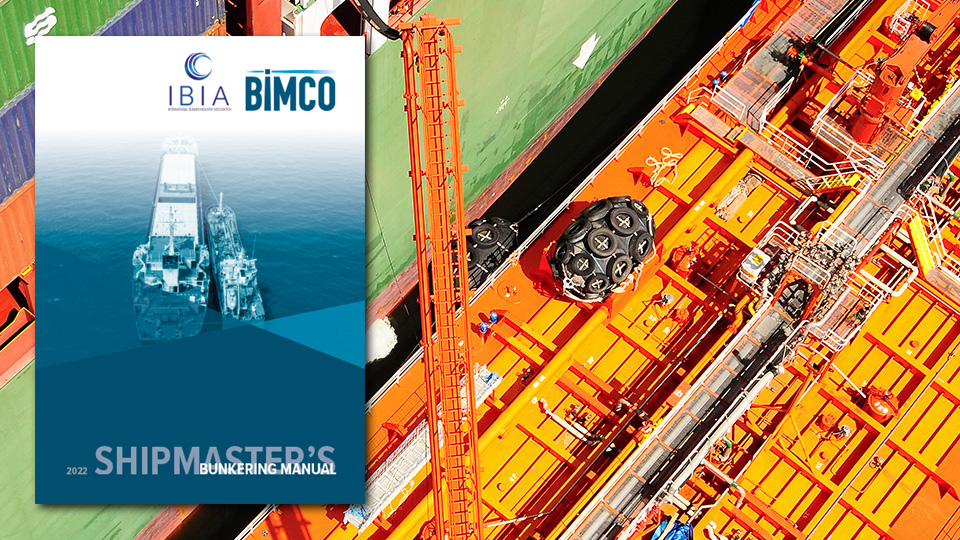BIMCO position statement 14: Underwater Radiated Noise
Overview
Background
Underwater radiated noise (URN) and its impact on the marine environment are not yet covered by IMO regulations, but guidelines on reducing underwater radiated noise from commercial shipping were revised by the IMO sub-committee on Ship Design and Construction. The new revised guidelines were adopted by the IMO’s Marine Environment Protection Committee (MEPC) in July 2023 and entered into effect from 1 August 2023. The revised guidelines are intended to assist relevant stakeholders in establishing mechanisms through which noise reduction efforts can be achieved.
In support of the new guidelines, IMO has approved an experience-building phase (EBP) to collect information on best practices and lessons learned from the application of the guidelines. The EBP is anticipated to run until 2026, with a possible extension of two years, depending on the outcomes and lessons learned. However, the IMO has decided that it will not revise the guidelines further until the EBP is complete in order to allow enough time to gather valuable experience before any further changes are proposed.
To accompany the EBP, a survey will be launched in 2024 to track the number of ships that have adopted the revised guidelines. The survey, launched by BIMCO (et al), will help the shipping industry show progress in adapting to mitigating measures, even without mandatory IMO requirements on URN. One such mechanism is the establishment of a Particularly Sensitive Sea Area (PSSA). This is an area that needs special protection due to its recognised ecological or socio-economic or scientific significance, and which may be vulnerable to damage by ships. IMO can designate such an area when it fulfils certain criteria. For example, ship routeing measures can be proposed for adoption in connection with a PSSA to protect marine life from URN.
Also, a targeted management of a ship’s speed can be a mitigating factor for URN as well as a recognised measure to reduce whale strikes.
At present, noise-reduction technologies apply to specialized ship types, such as navy and research ships and are not available on a large-scale nor economically feasible for implementation on commercial ships.
BIMCO’s position
- BIMCO will work to ensure that any future targets are based on scientifically sound research on the impact on marine life.
- BIMCO supports the revised IMO guidelines on the reduction of underwater radiated noise from commercial shipping, including its recommendations, that shipowners and designers should plan URN management at the earliest design stages, and for existing ships to the extent reasonable and practicable.
- BIMCO believes that mandatory ship design requirements to minimise underwater radiated noise should apply only to new ships and ships which may undergo major modifications.
- BIMCO finds that the criteria used for the designation of a Particularly Sensitive Sea Area (PSSA) could be suitable to help mitigate underwater radiated noise from ships.
- New measures to reduce underwater radiated noise should be assessed for unintended consequences such as increased GHG emissions. Introduction of measures that counterbalance the envisioned benefit should be carefully considered and only implemented if the negative consequences are acceptable.
- BIMCO will become a strategic partner to the IMO Global Partnership for Mitigation of Underwater Noise from Shipping (GloNoise Partnership) to raise awareness of underwater noise from shipping.
Feedback or a question about this information?
VPS Bunker Alerts
Veritas Petroleum Services (VPS) publish regular Bunker Alerts based entirely on fuel samples and have kindly permitted BIMCO’s Members to access this information.
The Bunker Alerts are not intended to be an evaluation of overall bunker quality in the port or area concerned, but usually highlight a specific parameter within the fuel which has raised a quality issue.
Want to stay up-to-date?
Register for updates about
{{Title}}
Receive emails when this topic is updated – you can choose how often.
Register NowELSEWHERE ON BIMCO
Chartering help & advice
This section contains a comprehensive source of information and guidance on chartering related matters. You will find invaluable information on many aspects of chartering distilled from our many years’ experience on advising members.
Learn about your cargo
For general guidance and information on cargo-related queries.
BIMCO Publications
Want to buy or download a BIMCO publication? Use the link to get access to the ballast water management guide, the ship master’s security manual and many other publications.




